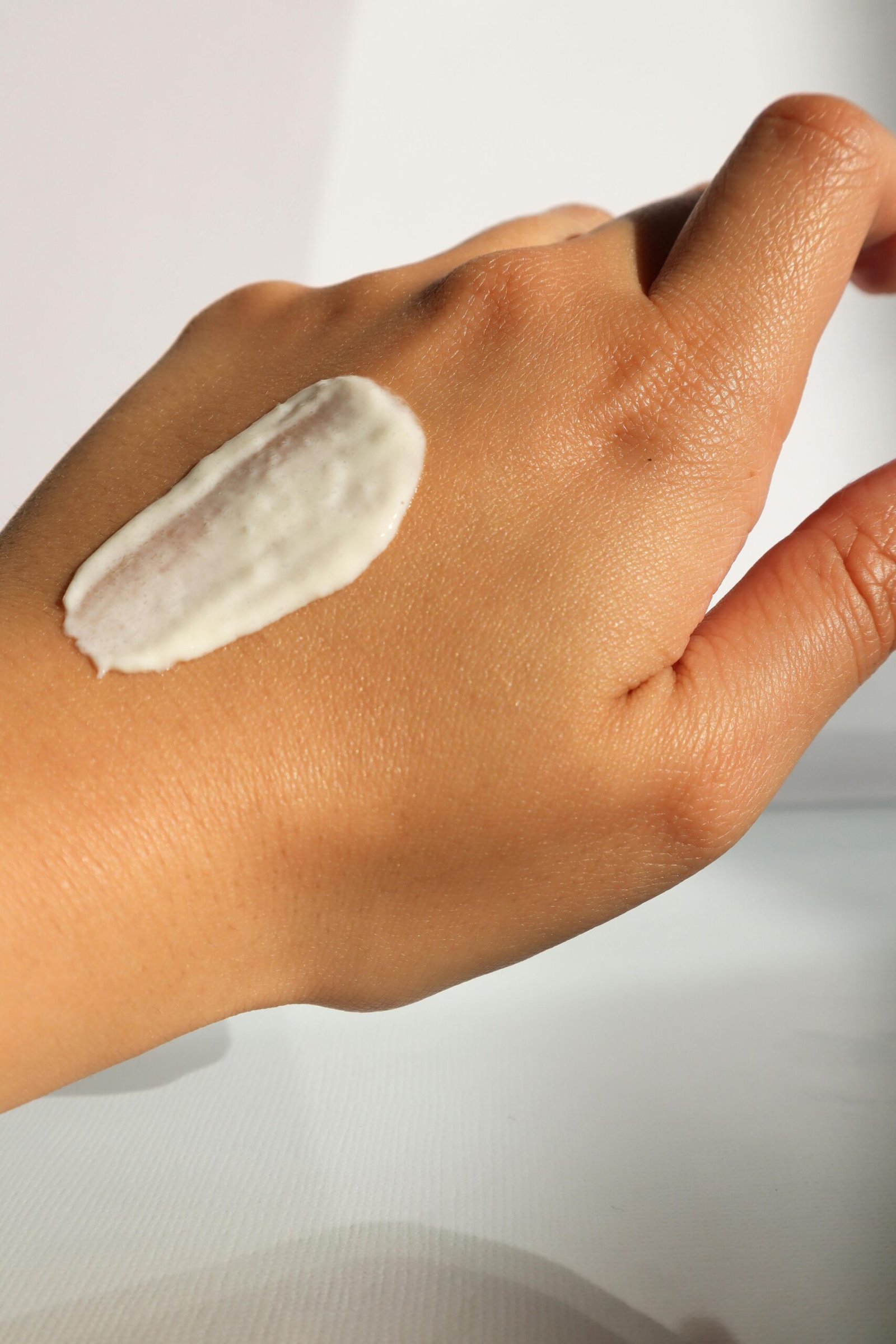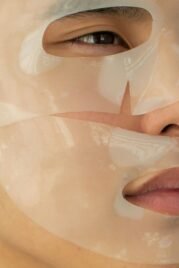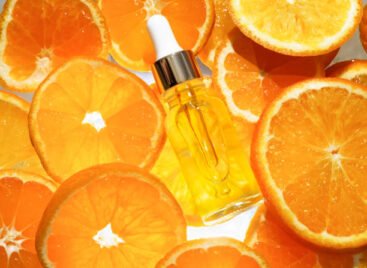More than just a beauty staple, sunscreen plays a critical role in preserving the health and vitality of our skin. Venturing beyond the superficial realms of beauty rituals, sunscreen assumes a monumental role as a guardian, tirelessly safeguarding the health and vibrancy of our skin. Its significance transcends mere cosmetic enhancement, as it serves as a steadfast bastion of defense, shielding our delicate skin from the pernicious effects of UV radiation. But what elevates sunscreen to such exalted heights in the pantheon of skincare essentials, and why is its integration into our daily regimens deemed not just advisable, but absolutely imperative? Together, let’s navigate the labyrinthine pathways of scientific inquiry and empirical evidence to uncover the transformative potential of this unassuming yet mighty product, ensuring that our skincare routines remain fortified, resilient, and radiant against the relentless onslaught of environmental aggressors.
Understanding Sunscreen: The Basics
Sunscreen, also known as sunblock or sun cream, is a topical product designed to protect the skin from the damaging effects of ultraviolet (UV) radiation emitted by the sun. Broadly categorized into two types – chemical and physical (mineral) sunscreens – these formulations work by either absorbing or reflecting UV rays, thus preventing them from penetrating the skin and causing damage. Key ingredients commonly found in sunscreens include zinc oxide, titanium dioxide, avobenzone, and octocrylene.
The Benefits of Wearing Sunscreen
- Protection Against UV Damage: Sunscreen forms a protective barrier on the skin’s surface, shielding it from harmful UV radiation that can cause sunburn, premature aging, and skin cancer.
- Prevention of Premature Aging: Exposure to UV rays accelerates the breakdown of collagen and elastin fibers in the skin, leading to wrinkles, fine lines, and sagging. Regular use of sunscreen helps preserve skin elasticity and prevent the formation of premature signs of aging.
- Reduction of Skin Cancer Risk: Prolonged exposure to UV radiation is a major risk factor for skin cancer, including melanoma, basal cell carcinoma, and squamous cell carcinoma. Applying sunscreen reduces this risk by preventing DNA damage and mutations caused by UV exposure.
- Prevention of Sunspots and Hyperpigmentation: UV radiation stimulates the production of melanin in the skin, leading to the formation of sunspots, freckles, and uneven pigmentation. Sunscreen helps prevent these pigmentary changes, maintaining a more even and youthful complexion.
- Maintenance of Overall Skin Health: In addition to protecting against sun damage, sunscreen helps maintain optimal skin health by preventing dehydration, inflammation, and oxidative stress induced by UV exposure.
Debunking Common Sunscreen Myths
- Myth: Darker Skin Tones Don’t Need Sunscreen: While individuals with darker skin tones have more natural protection against UV radiation due to higher levels of melanin, they are still susceptible to sun damage and should use sunscreen regularly.
- Myth: Sunscreen Is Only Necessary on Sunny Days: UV rays can penetrate clouds and windows, meaning sun protection is necessary even on cloudy or overcast days, as well as indoors.
- Myth: Applying Sunscreen Once Is Sufficient: Sunscreen should be reapplied every two hours, or more frequently if swimming or sweating, to maintain its efficacy and ensure continuous protection.
Debunking Common Sunscreen Myths
To reap the full benefits of sunscreen, it’s essential to incorporate it into your daily skincare regimen. Here’s a simple step-by-step guide:
- Cleanse: Start with a gentle cleanser to remove impurities and prepare the skin for sunscreen application.
- Apply Serum and Moisturizer: Follow up with your preferred serums and moisturizers to address specific skincare concerns and hydrate the skin.
- Sunscreen Application: Apply a generous amount of sunscreen to all exposed areas of the skin, including the face, neck, and hands. Be sure to use a broad-spectrum sunscreen with an SPF of 30 or higher for optimal protection.
- Reapply: Remember to reapply sunscreen every two hours, or immediately after swimming or sweating, to maintain its effectiveness throughout the day.
Debunking Common Sunscreen Myths
In conclusion, sunscreen is a cornerstone of a comprehensive skincare routine, offering vital protection against the damaging effects of UV radiation. By incorporating sunscreen into your daily regimen and adopting sun-safe practices, you can safeguard your skin from premature aging, sunburn, and skin cancer, while maintaining a youthful, radiant complexion for years to come. Remember, sun protection is not just a skincare choice – it’s a crucial step in preserving your skin’s health and vitality.





